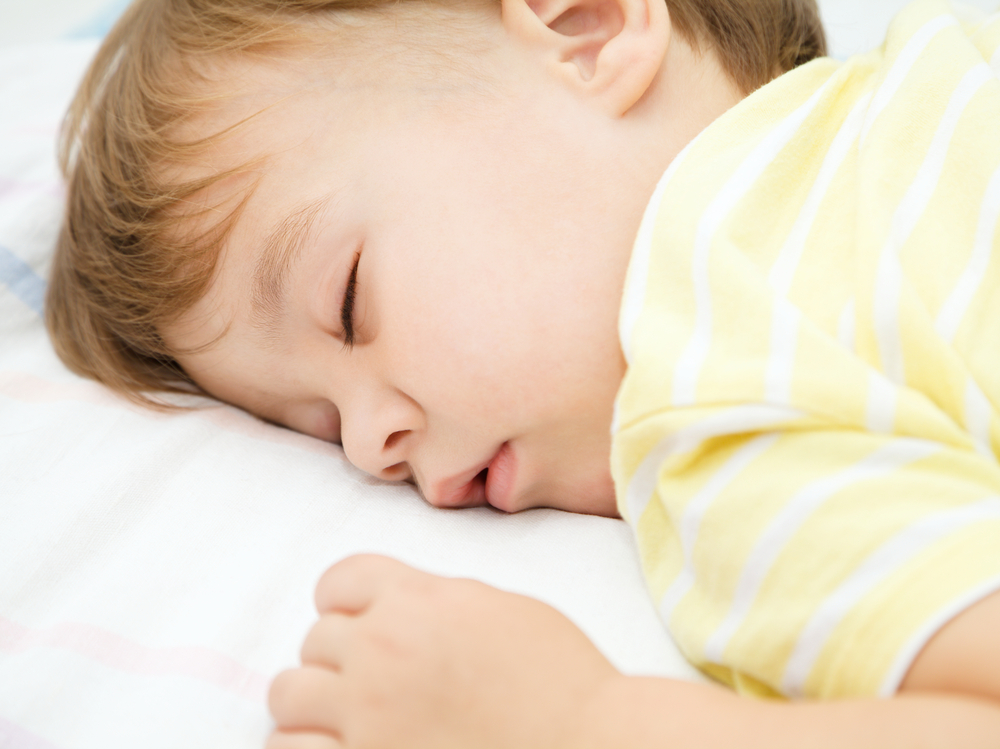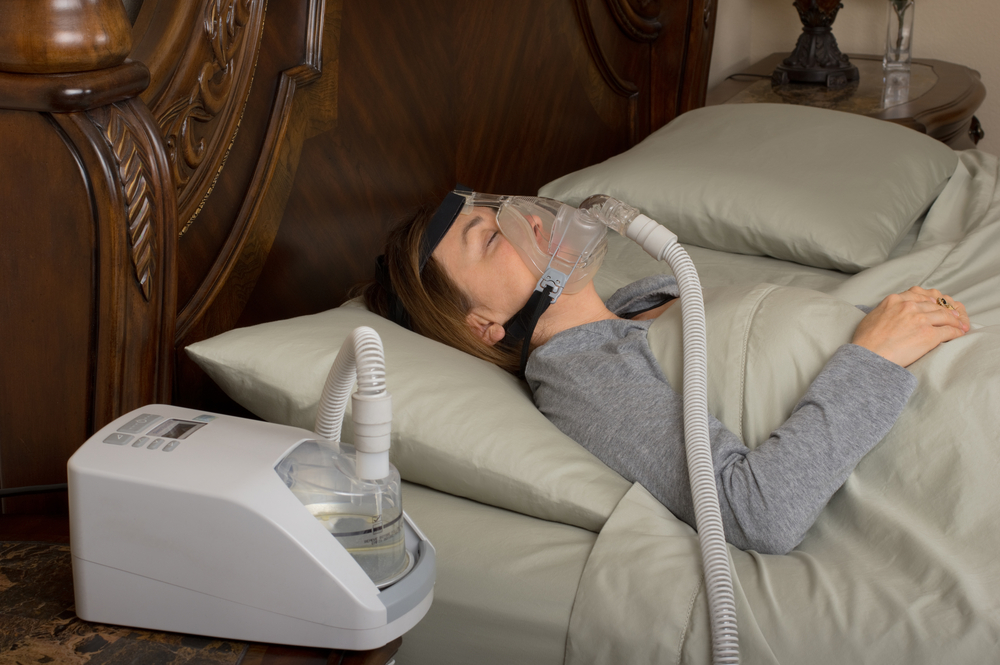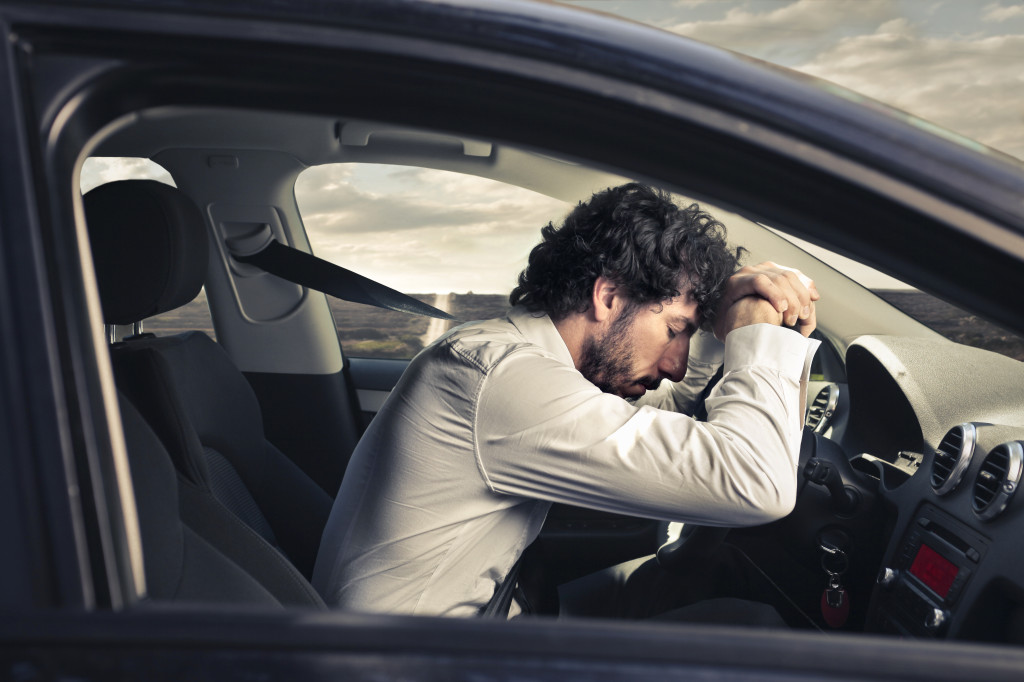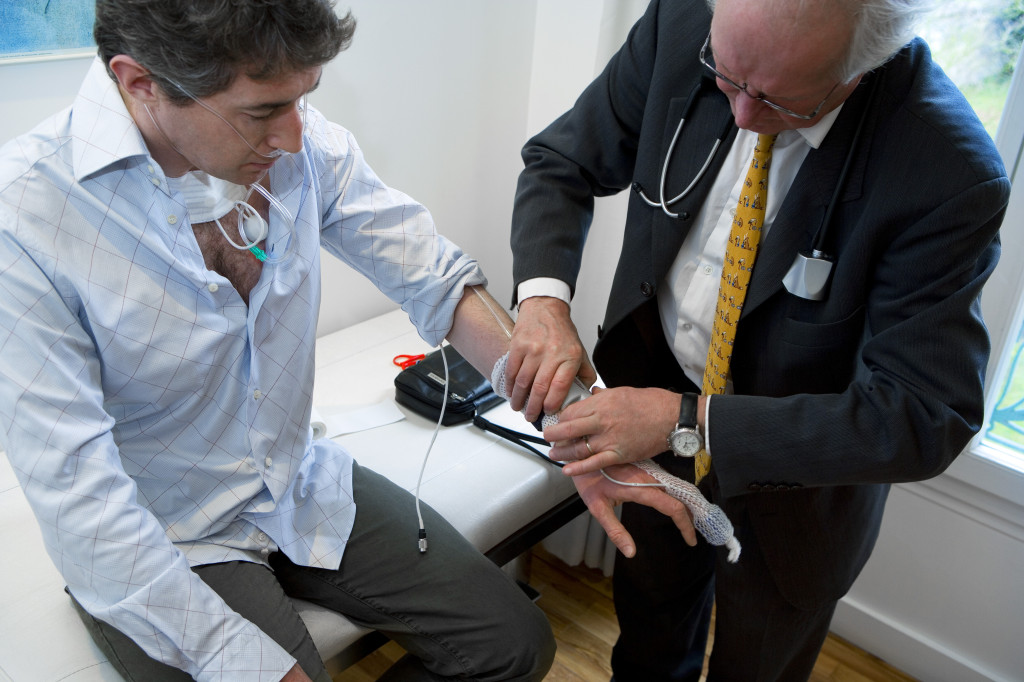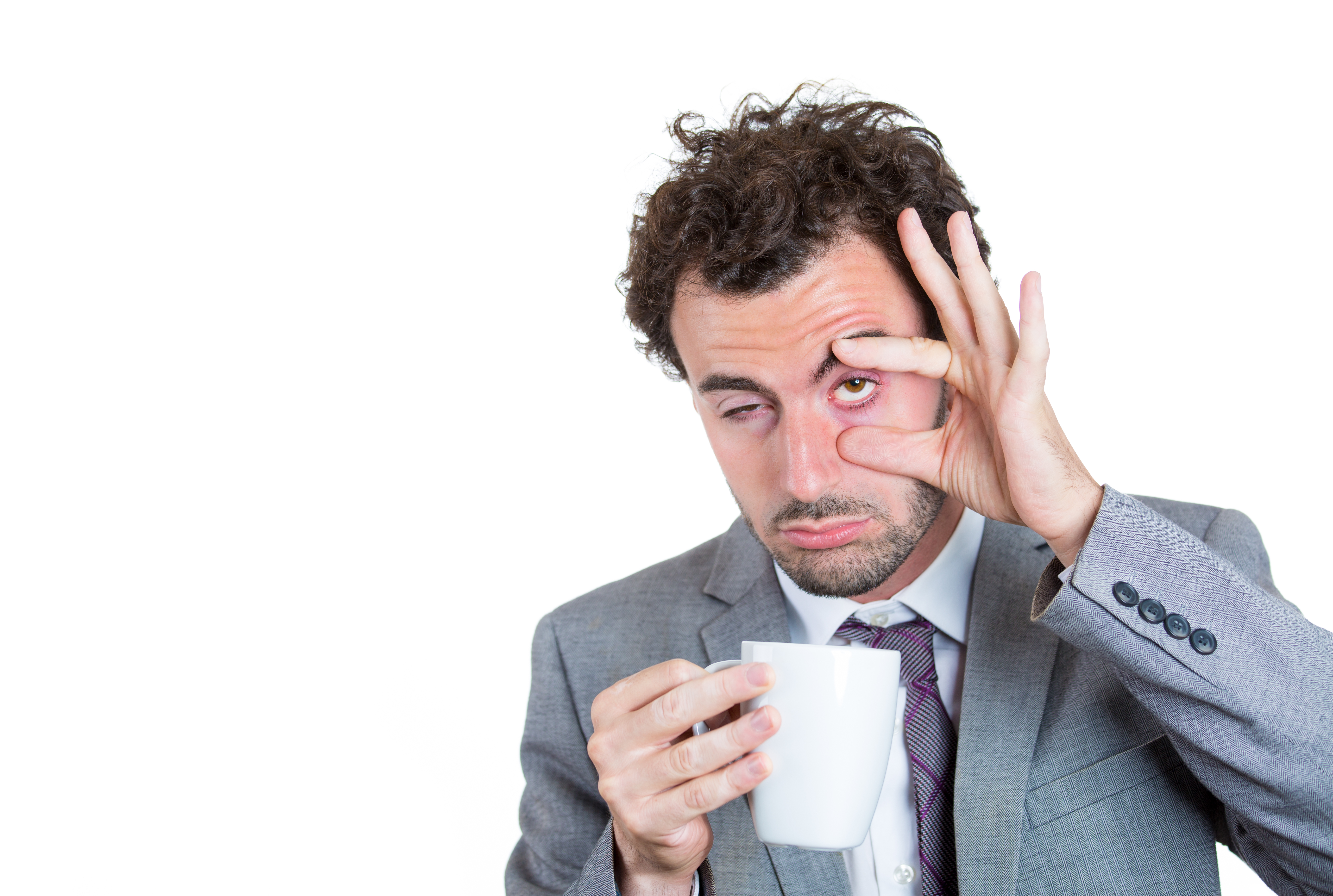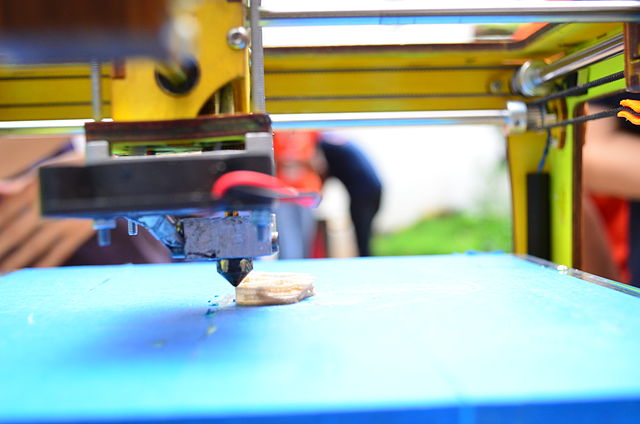Snoring in Children Can Lead To Heart Disease
Snoring isn’t just an adult problem. New Delhi Doctor JC Suri says five percent of children between the ages of 2 and 18 have sleep breathing disorders. Snoring is caused when air can’t move freely through a sleeping person’s nose, and there are plenty of reasons why kids snore. However, this medical condition could cause serious medical issues, including heart disease. As parents and caregivers, protect your children as you understand snoring and its health effects.
Why do Kids Snore?
Excessive tonsil and adenoid growth in the back of a child’s throat can cause snoring. However, other culprits also block nasal passages and airways and prevent a child from breathing properly during sleep. These causes can include:
- Seasonal, dirt or pet dander allergies
- Colds and sinus infections
- Swollen or enlarged tonsils or adenoids (glands located near the interior nasal passages)
- Deviated septum (crooked tissue and cartilage that separates the two nose nostrils)
- Obesity
What are the Effects of Snoring in Kids?
Snoring can disrupt a child’s sleep, and it certainly prevents other family members from sleeping. Lack of sleep can cause irritability, increased aggressiveness, lack of concentration, attitude changes and difficulty learning.
How is Snoring Connected to Heart Disease?
In addition to dangerous mental conditions, snoring can cause chronic heart disease, including high blood pressure, arrhythmias and heart attacks. Researchers have found that people who snore often have damaged carotid arteries, the lifelines that carry oxygen-rich blood to a person’s brain. If those arteries are thickened, a person’s heart has to work harder to deliver oxygen to the brain.
Likewise, snoring can be a symptom of sleep apnea. Kids with this condition stop breathing for three to hundreds of times each night, their blood oxygen levels drop and their heart works harder to compensate.
How Can Kids Stop Snoring?
If your child snores, tilt the mattress so that your child sleeps at an angle and rests his or her head higher than the rest of the body. Then, talk to your pediatrician. He or she can examine the tonsils and adenoids to determine if they’re the culprit. The doctor can also prescribe cold medication, order allergy tests or recommend a weight loss strategy if congestion, allergies or obesity factor into snoring. A sleep study may also be ordered as the doctor decides if your child suffers from sleep apnea.
No matter what the cause, snoring can be dangerous to your child’s health. Seek medical treatment now as you prevent heart disease and other serious medical issues that may be the cause or eventually develop because of snoring.


